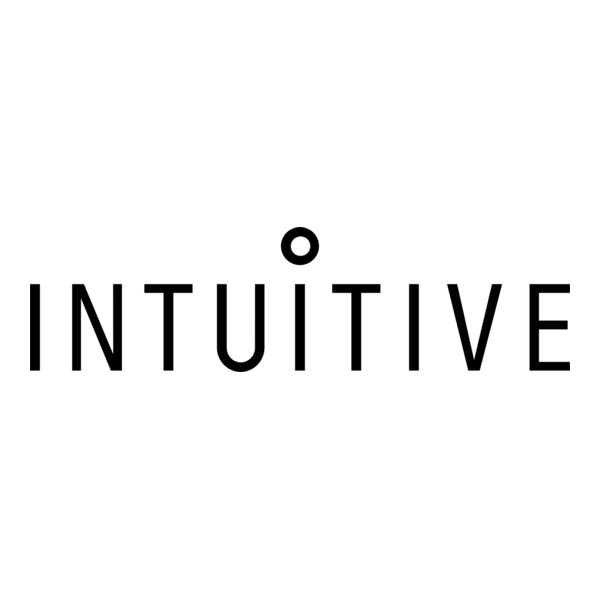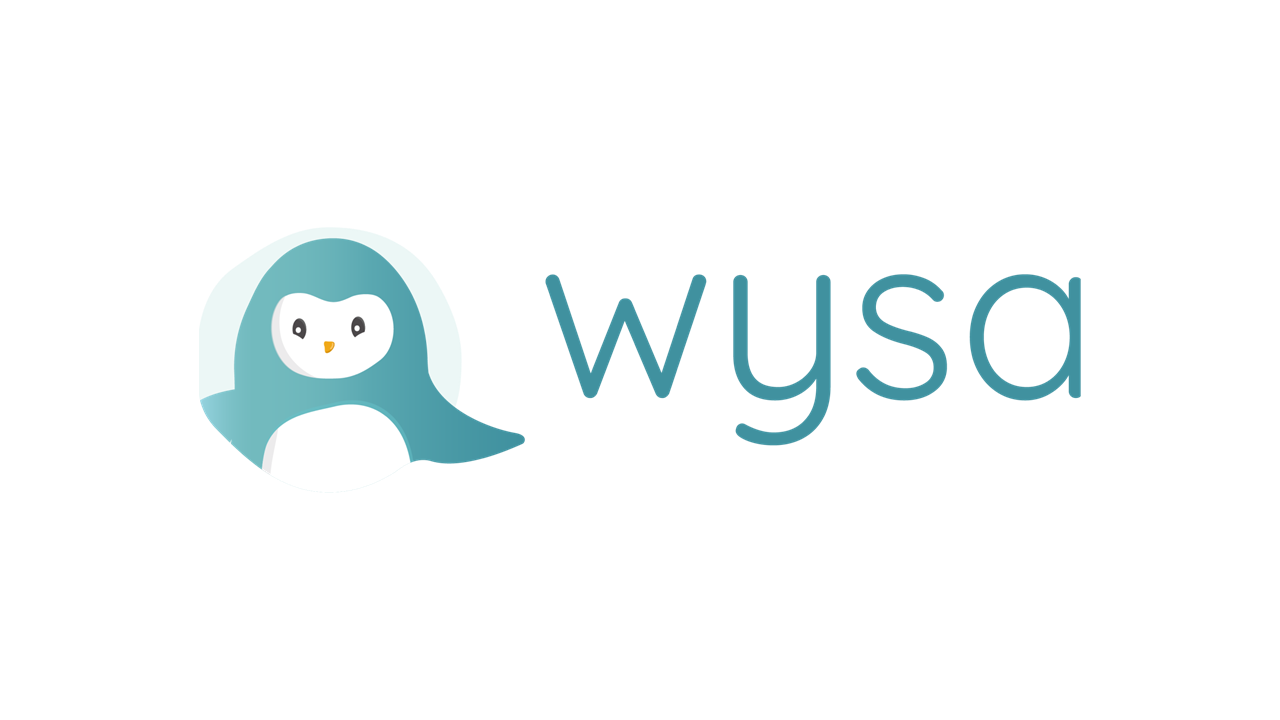AI is radically transforming healthcare, and 2025 is shaping up to be a breakthrough year for innovative, patient-centered applications across clinical care, research, and beyond. We have seen significant competition in this space, with both established medtech giants and agile AI startups achieving remarkable success throughout the first half of the year.
In this article, we will take a look at some of the most impactful AI applications currently reshaping healthcare, highlighting the AI tools and companies behind them that are truly making a difference in this area.
How Are Artificial Intelligence Applications Being Used in the Healthcare Industry?
AI applications are being used across the healthcare industry to solve complex medical challenges, improve patient outcomes, and streamline clinical workflows. Unlike traditional computer programs, these AI-driven tools can mimic important aspects of human cognition, such as reasoning, learning, and decision-making at a speed and scale that we’ve never seen before.
In 2025, AI is making major strides in several key areas, fundamentally transforming how healthcare is delivered:
Early Detection and Improved Medical Diagnosis
One of the most important ways that AI is making an impact in the healthcare sector is by allowing healthcare providers to make faster, more accurate diagnoses. AI machine learning algorithms are continuously refining their ability to identify patterns in vast datasets, leading to increasingly reliable diagnostic support.
As an example, AI applications are being used to scan complex medical images, including X-rays, MRIs, and digital pathology slides, with incredible precision, often spotting subtle patterns that the human eye could easily miss. This is particularly valuable for early detection of cancers, neurological conditions, and heart disease, where a prompt disease diagnosis can make all the difference to the outcome of the patient.
Accelerated Drug Discovery and Development
Bringing a new drug to market can take over a decade and cost billions of dollars. AI tools dramatically speed things up by identifying promising compounds, predicting how they’ll behave in the body, and even suggesting new uses for existing drugs. These applications are helping to streamline the early stages of the drug development process, cutting both time and costs. They can also be used to flag compounds that are likely to fail early on, so teams can focus their resources where they matter most.
Personalized Treatment
Given the powerful ability of AI tools to analyze massive, complex datasets quickly, clinicians can use these applications to make more informed, personalized treatment plans based on a patient’s genetic data, real-time patient monitoring, and medical history.
In practice, this could mean using AI to help choose the most effective cancer treatment for a specific tumor profile, or adjusting medication for someone with multiple health conditions. This could be especially valuable in the management of cancers, rare diseases, and chronic illnesses, where individual variation can have a huge impact on outcomes.
Enhanced Surgical Precision
From robotic-assisted procedures to real-time image guidance, AI is also helping to make surgical procedures safer, more precise, and often less invasive. Notably, medical professionals can leverage AI tools to analyze patient scans ahead of time to map out the best surgical approach, and even assist during operations by highlighting key structures or flagging potential complications.
Revolutionizing Healthcare Data Management
Healthcare organizations generate a staggering amount of data every day, from patient medical records and clinical data to lab results and imaging scans. Artificial intelligence in healthcare is helping to bring order to the chaos by structuring, sorting, and analyzing this information in ways that are useful to medical practitioners and researchers.
Expanding Access to Mental Health Care
Mental health services have been overstretched in recent years, but AI is helping to fill in some of the gaps. For example, AI-powered chatbots can offer patients 24/7 mental health support, while apps help people to track their mood and manage symptoms. These virtual health assistants are making mental health care more accessible, especially for those who might find traditional mental health services hard to reach.
Top 5 AI Applications Transforming Clinical Practice in 2025
Here are some of the standout AI applications that are shaping the healthcare industry in 2025:
#1: Aidoc
About Aidoc:
Aidoc is a leading AI technology company that provides AI-powered solutions to help health care organizations detect and prioritize critical imaging findings. They specialize in offering real-time medical imaging analysis, which supports faster, more accurate diagnoses and coordination of care.
Aidoc’s sophisticated AI algorithms analyze medical images, for example, CT, MRI, and X-ray scans, to detect critical health conditions such as strokes, pulmonary embolisms, and brain hemorrhages. This helps to quickly identify and treat urgent cases, leading to better patient outcomes in critical care and emergency settings.
Advantages:
- Faster Interventions: Significantly reduces the time it takes to diagnose diseases and commence treatment, directly impacting overall health outcomes.
- Optimized Workflow: Prioritizes radiologists’ worklists, allowing healthcare professionals to focus on the most urgent cases first.
- Broad Clinical Impact: Compatible with multiple imaging types, supporting widespread use in clinical practice.
Disadvantages:
- Requirement of High Quality Data: The performance and accuracy of Aidoc’s AI models rely heavily on the quality, consistency, and diversity of the medical imaging data that they are trained on and analyze.
- Complex Integration: Integrating Aidoc into existing medical IT infrastructure can be challenging.
- High Cost: As a premium AI solution, the initial investment in Aidoc, as well as ongoing subscription fees, can be substantial. This can significantly limit the adoption of Aidoc for smaller organizations or those with tighter budgets.
Target Audience:
- Emergency, Critical Care, and Radiology departments in large hospitals
- Trauma or Stroke Centers
- Medical Research Centers
- Outpatient Imaging Centers and Teleradiology Groups
#2: Insilico Medicine
About Insilico Medicine:
Insilico Medicine is a pioneering biotechnology company that leverages end-to-end generative AI and deep learning to accelerate drug discovery and development. Its Pharma.AI platform integrates multiple AI models to accelerate the entire drug discovery process, including “PandaOmics” to identify disease targets and “Chemistry42” for designing novel drug candidates. By automating key steps in the drug discovery pipeline, Insilico Medicine drastically reduces both the time and cost of bringing new treatments to clinical practice, helping to enhance patient care.
Advantages:
- Accelerated Drug Development: Can significantly reduce the time required for early-stage drug discovery, often reducing it from years to just months.
- Novel Chemical Insights: Generative AI allows for the creation of entirely new molecular structures, potentially leading to truly novel and effective therapies.
- Improved Efficiency: By predicting efficacy and toxicity, Insilico minimizes the need for expensive and time-consuming laboratory experiments.
Disadvantages:
- Downstream Validation Required: While AI platforms, such as Insilico Medicine, can speed up the early stages of drug discovery, all findings must still go through rigorous lab validation and human clinical trials to ensure safety and effectiveness.
- Limited Biological Context: As AI models can only simulate based on what they’ve been trained on, they can lack the full complexity of real biological systems. This means they can miss the influence of immune responses, off-target effects, and interactions between organs, cells, and molecules, leading to gaps in prediction accuracy.
Target Audience:
- Pharmaceutical Companies and Biotech Startups
- Academic & Research Institutions
- Contract Research Organizations (CROs)
#3: Intuitive Surgical
About Intuitive Surgical:
Intuitive Surgical is a California-based medtech company, best known for developing the da Vinci Surgical System, which is the world’s leading platform for robot-assisted, minimally invasive surgery. It has transformed how minimally invasive procedures are performed in specialties such as urology, gynecology, cardiothoracics, and general surgery.
Its AI technologies help to guide surgery in real time, improve the control of surgical tools, enhance images for better visibility, and make systems easier for doctors to use. It also reviews surgical data to give feedback on technique and results, helping to boost precision and patient safety.
Advantages:
- High Level of Precision & Control: Robotic arms filter out hand tremors and allow for ultra-fine movements, improving surgical accuracy in delicate procedures, such as heart valve repair or microsuturing.
- Proven Clinical Efficacy: A large meta-analysis of 230 studies found that surgeries carried out using the da Vinci robotic system led to fewer complications, less blood loss, fewer transfusions, and shorter hospital stays compared to both laparoscopic and open surgery.
- Continuous AI Development: Intuitive Surgical regularly updates its AI tools to improve real-time guidance, enhance surgical precision, and personalize surgeon training.
Disadvantages:
- High Initial Investment: The da Vinci system has a high initial purchase price, as well as the cost of ongoing maintenance and disposable instruments. This contributes to higher healthcare costs for facilities, meaning that it may not be viable for smaller hospitals or clinics.
- Specialized Training Required: Surgeons and care teams must complete structured training programs before operating the Intuitive Surgical systems, which can take time and resources to implement effectively.
Target Audience:
- Large Academic Medical Centers and Hospitals
#4: Suki AI
About Suki AI:
Suki AI is an innovative AI-powered voice assistant that helps frontline healthcare workers to save time on administrative tasks, allowing them to focus on caring for their patients. It uses advanced natural language processing (NLP) and voice recognition to listen to natural human language during doctor and patient conversations and automatically generate structured clinical notes in real time. This key health data can then be seamlessly integrated into a patient’s electronic health records.
Advantages:
- Significant Time Savings: Cuts down the hours that healthcare professionals spend on manually writing out patient notes by up to 72%. This frees up hours each week, allowing clinicians to focus more on patient care and less on paperwork.
- Enhanced Note Accuracy: Captures key clinical details from real-time patient-clinician conversations, creating more thorough and accurate medical notes.
- Improved Connection Between Patient and Healthcare Provider: Allows healthcare professionals to maintain crucial eye contact and focus fully on their patient during appointments, fostering better communication and a more engaged patient experience.
Disadvantages:
- Limited Speciality Coverage: Currently, Suki AI is best suited for primary care and internal medicine and is less optimized for highly specialized or complex fields where documentation can be more nuanced or procedure-specific.
- Voice Recognition Nuances: While highly advanced in understanding human language and medical terminology, AI models can occasionally misinterpret complex jargon, diverse accents, or background noise, meaning that notes must be carefully reviewed and corrected if needed.
Target Audience:
- Healthcare Organizations & Clinics, including group practices, urgent care centers, and health systems
- Primary Healthcare Professionals
#5: Wysa
About Wysa:
Wysa is a leading conversational AI platform that is designed to support mental health and emotional well-being. It offers a confidential and non-judgmental space, allowing users to interact with an AI chatbot that’s available 24/7. Through guided conversations and clinically backed techniques, such as cognitive behavioral therapy (CBT), dialectical behavior therapy (DBT), mindfulness, and mood tracking, Wysa helps users to manage stress, anxiety, and low mood at their own pace.
Wysa also provides self-help tools, guided meditations, and therapeutic exercises, often serving as a crucial first line of support or a complementary tool to human therapy in health care. This accessibility and immediate, evidence-based support are more critical than ever, given the escalating global mental health crisis.
Advantages:
- 24/7 Accessibility: Provides patients with on-demand support around the clock, removing the need to wait for appointments. This helps to overcome common barriers associated with accessing traditional mental health care services.
- Scalability & Reach: As an AI application, Wysa can support patients around the world, improving access to mental health interventions and addressing the systemic shortage of healthcare professionals in this field.
- Anonymity: This is especially important in the mental health space, where stigma or fear of judgment can prevent people from seeking help.
Disadvantages:
- Use is Limited for Severe Conditions: While Wysa is designed to support mild to moderate mental health concerns such as stress, anxiety, and low mood, it is not a substitute for professional therapy in cases of severe or complex mental health conditions.
- Lack of Human Empathy: Wysa AI systems are designed to simulate supportive conversations, but they do not possess genuine emotional understanding, lived experience, and human empathy. This means responses may lack the depth, nuance, and emotional resonance that come from interacting with a real human therapist.
Target Audience:
- Individuals seeking immediate, accessible, and confidential mental health support
- Individuals exploring self-help techniques to support their mental health
- Organizations or employers looking to provide scalable mental well-being solutions to their members or employees
Challenges and Considerations of Adopting AI Applications in Healthcare Delivery
While AI is transforming healthcare, it’s not without its challenges. One major concern for healthcare professionals is data privacy, particularly when it comes to sensitive patient information being handled by automated systems. Protecting this sensitive patient data requires robust security and transparent consent processes.
Integrating innovative AI tools into complex healthcare systems and workflows can prove tricky, often slowing down the adoption of these advancements and limiting their impact in real-world settings. There is also the risk of bias, where AI tools can inadvertently reinforce existing health disparities when they haven’t been trained using diverse datasets.
Recognizing and addressing these hurdles is key to ensuring AI’s benefits are accessible and equitable as the technology continues to evolve.
What Is the Future of AI in Healthcare?
AI is continuing to redefine what’s possible in healthcare, enhancing early diagnosis, supporting clinical decision making, streamlining administrative tasks, accelerating drug development, and ultimately driving better health outcomes for patients and providers alike. The near future will see even deeper integration of machine learning into every aspect of healthcare, from personalized precision medicine to advanced robotic surgeries. The emphasis will increasingly be on leveraging AI for population health management, not just individual patient care.
As the digital transformation of healthcare accelerates, innovators need infrastructure that can keep pace.
That’s where Atlantic.Net comes in. Whether you’re training large language models, deploying real-time diagnostics, or scaling AI-powered platforms, Atlantic.Net’s GPU cloud hosting, powered by NVIDIA, delivers the performance, flexibility, and reliability you need to bring your vision to life. Built to meet the highest standards of data protection and regulatory readiness, Atlantic.Net’s hosting services are HIPAA audited, HITRUST certified, and fully compliant with SOC 2, SOC 3, PCI, and GDPR, making it ideal for healthcare-grade AI innovation.




